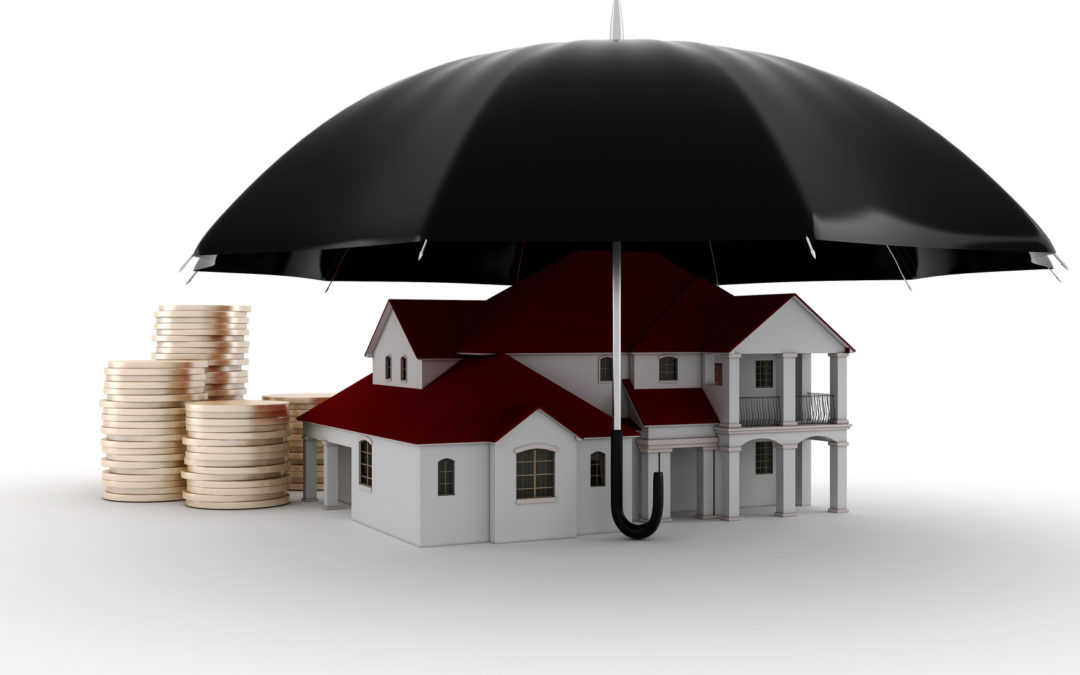What is Term Life Insurance?
Term Life Insurance may be simply defined as “A financial contract that provides a specified death benefit but no cash build up or investment component.” The guaranteed premium remains constant only for a specific term of years and the policy is usually renewable at the end of each term period.
Why Should You Buy Term Insurance?
There are many occasions where term insurance would be the most appropriate choice. If you have a great need for insurance but limited resources, you should consider term insurance. For example, a young family may need a great deal of income to cover living expenses and educational needs if the breadwinner should die. Term insurance would allow the family to buy insurance protection with limited cash outlay.
Other instances where one would want to buy term insurance are as follows:
- To create a guaranteed lump sum of capital to provide income.
- To provide college education for children and/or spouse.
- To make a specific cash bequest, or
- To protect loves ones from debts, especially mortgage debt.
- To protect you financially while you are alive if you are diagnosed with a terminal illness and have less than 12 months to live. You can apply to receive the lesser of 50% of the policy death benefits or $500,000.
- Life insurance gives you financial security and protects your business from unexpected losses. Coverage can be for key man employee, business loans, or to fund buy/sell agreements.
How long should the guaranteed premium and term life be?
Deciding which guaranteed term duration you should buy, 10 years, 20 years, 30 years or some other duration, requires a thoughtful review of your debts, financial needs, and when or if all of these might change over time. A buyer needs to decide how long a guaranteed term life insurance policy needs to be in force with a guaranteed premium so that the appropriate fund will be available to meet targeted financial needs such as:
- An amount that would be needed to replace all or a portion of your income for a given period of time.
- How long child care might be needed.
- The time/payments remaining on existing short-term and long-term debts and mortgages.
- The duration of children’s and/or spouse’s education expenses.
- How long you might have obligations or caregiver commitments for parents or elderly relatives.
Some insurance companies have come out with a return of premium term life rider.
This return of premium rider means that you pay a premium that is marginally higher than what the normal level term life would cost, but if you do not die the premium is returned in full.
For additional details or more information regarding life insurance make sure to contact Haj Financial.


Recent Comments